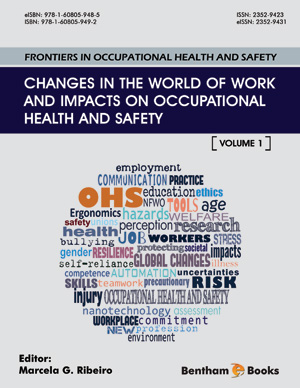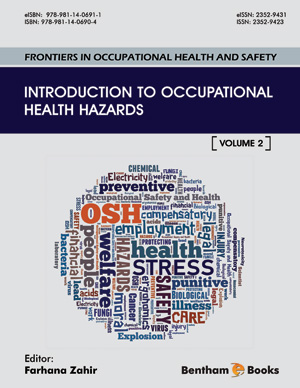Abstract
The increasing number of health issues is a cause of concern for public as
well as health services across the globe. However, a boom in the use of imaging
techniques such as CT scans and chest radiographs has been observed for correct
diagnosis. But, manual scanning of these modalities requires expertise in modality
reading. It is also a time-consuming task. Artificial intelligence-based techniques have
proven their potential in pattern recognition, object identification, and data analysis.
Therefore, these techniques can be used to provide assisting tools for the primary
screening of diseases from these modalities. It has been observed from the literature
that a lot of research works are available on disease diagnosis and classification using
machine learning, and deep learning. But, the disease severity detection is
underexplored. Moreover, the techniques employed for the detection of the severity of
diseases have lacunae that need immediate attention. These challenges motivated us to
review the machine learning and deep learning-based technological solutions proposed
in the literature for the detection of disease severity. The objective of this research is to
present a comprehensive survey of research works available about disease severity
detection. This research also presents a comparative analysis of the machine learning
techniques and deep learning techniques employed, datasets used, and performance
achieved. It also highlights the drawbacks of the technological solution proposed.
Further, it provides the directions for future scope in the domain of disease severity
detection.
Keywords: Artificial intelligence, Disease, Deep learning, Machine learning, Severity.












